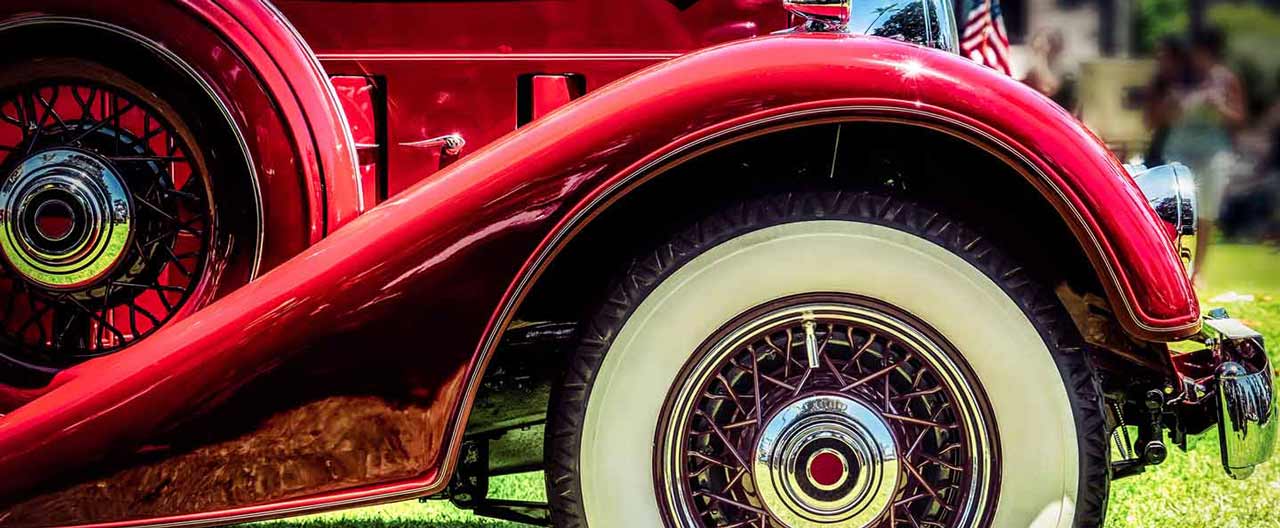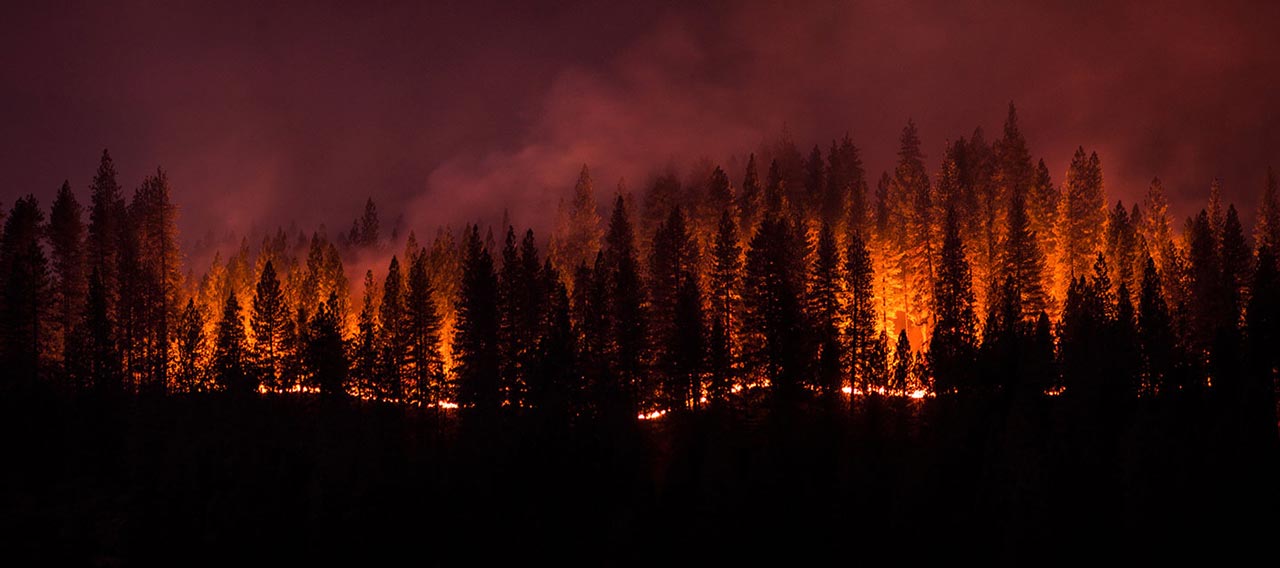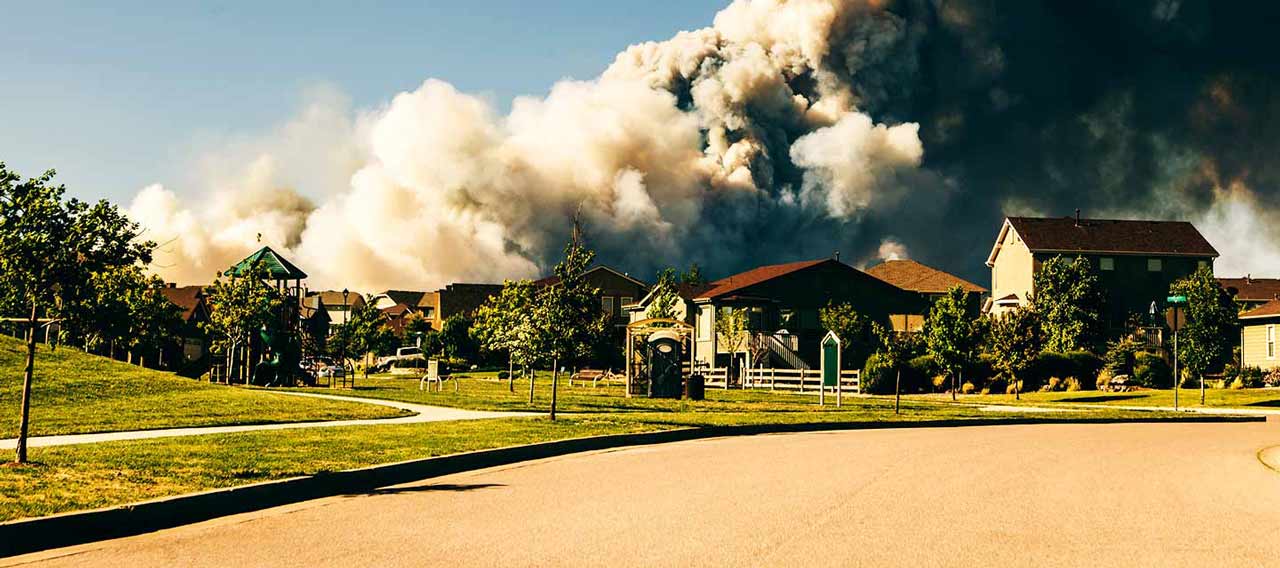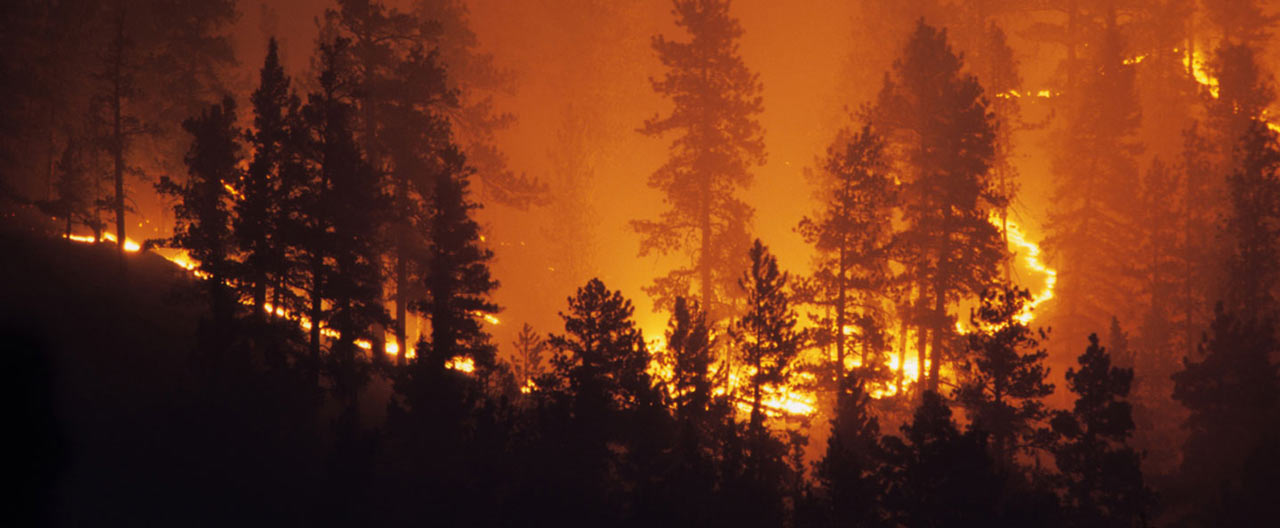- Individuals & Families
- Businesses
- Brokers

With winter on its way out, you may be ready for some spring cleaning.

Make sure you protect your classic cars from damage or additional wear and tear.

Keep your important papers and small valuables away from burglars, fire or natural disaster.

For over a hundred years, we’ve offered unparalleled stability and protection for small boats, yachts, luxury mega-yachts, and more.

Here are some things you can do to assist firefighters and minimize the damage to your home.

At their worst, disputes between professional service firms and their clients can lead to costly lawsuits.
Canada contains about nine percent of the world’s forests, and each year about 8,000 forest fires occur, with an average of 2.5 million hectares of land burned.1 If you live in western Canada especially, the risk of a wildfire damaging or destroying your home may be greater this year than in previous years, mostly due to climate change. But there are things you can to do keep your home safe and prevent damage from fires in your area. Below, we’ve listed a few ideas.
1. What causes wildfires?²
- 45% of fires are caused by lightning – but because they occur in remote locations, they represent 81% of areas burned
- 55% of fires are caused by humans – typically located in populated areas and extinguished quickly
2. Preparing ahead of time
If you live in an area that is prone to wildfires or may have experienced a fire in past years, here are a few things you can do to prepare your home for the season and help prevent wildfire damage:
- Install fire-resistant window treatments, smoke detectors and fire extinguishers throughout your home.
- Keep a garden hose that is long enough to reach the house and other structures on the property, as well as tools such as a ladder, shovel, rake, axe and water bucket.
- Install a back-up generator in case electrical power is shut off.
- Keep your property free of leaves, needles, hanging branches and other debris. (This includes the gutters and roof.)
- Maintain a minimum of 4.5 metres between tree crowns and trim tree limbs to 4.5 metres off the ground (or 1/3 total crown height, whichever is less). Thin and separate shrubs by a distance of at least twice their height. Remove any dead trees and vegetation from your property.
- Move firewood and flammable plants at least 9 metres away from your home.
- Maintain at least 30 metres of adequately watered space on level ground and 60 metres on sloped terrain around your house.
- Keep your grass short.
- Clear a 3-metre area around propane or oil tanks or around your barbecue area.
- Store valuable documents in a fire-resistant safe or an off-premise location.
- Post your house address so that it is readily visible from the street.
- Clear driveways as much as you can to accommodate large fire equipment. Make sure there is no flammable vegetation within 3 metres on both sides of the driveway and there are no overhanging obstructions within 4.5 metres.
- Have an emergency evacuation plan in place for your family and pets.

3. What to do if you see a wildfire approaching
Your top concern during a wildfire should be to keep yourself and your family safe. Everything else can be replaced. If conditions become too dangerous, you should immediately evacuate your home. Your Chubb Homeowners policy will respond to covered losses. If you still have time to act and the fires have not yet threatened your safety, here are some things you can do to mitigate the damage:
- Turn on a light in each room to increase the visibility of your home in heavy smoke.
- Remove lightweight and/or non-fire-resistant window treatments and materials from around windows. Close windows, vents, doors and non-combustible coverings.
- Attach pre-cut plywood panels to cover exterior windows and glass doors.
- Open the fireplace damper and close fireplace screens.
- Seal attic and ground vents with pre-cut plywood or commercial seals.
- Set up a portable gasoline-powered pump.
- Shut off propane at the tank or natural gas at the meter and turn off all pilot lights.
- Connect the garden hose to outside taps.
- Place lawn sprinklers on the roof and near above-ground fuel tanks.
- Wet the roof and shrubs within 4.5 metres of your home.
- Prop a ladder against the house so firefighters have easy access to the roof.
- Place combustible patio furniture in the house or garage.
- Move all flammable furniture to the center of the home, away from windows and glass doors.
- Continually check the roof and attic for embers, smoke or fire.
Insights and expertise



This document is advisory in nature and is offered as a resource to be used together with your professional insurance advisors in maintaining a loss prevention program. It is an overview only, and is not intended as a substitute for consultation with your insurance broker, or for legal, engineering or other professional advice.
Chubb is the marketing name used to refer to subsidiaries of Chubb Limited providing insurance and related services. For a list of these subsidiaries, please visit our website at www.chubb.com. Insurance provided by Chubb Insurance Company of Canada or Chubb Life Insurance Company of Canada (collectively, “Chubb Canada”). All products may not be available in all provinces or territories. This communication contains product summaries only. Coverage is subject to the language of the policies as actually issued.

